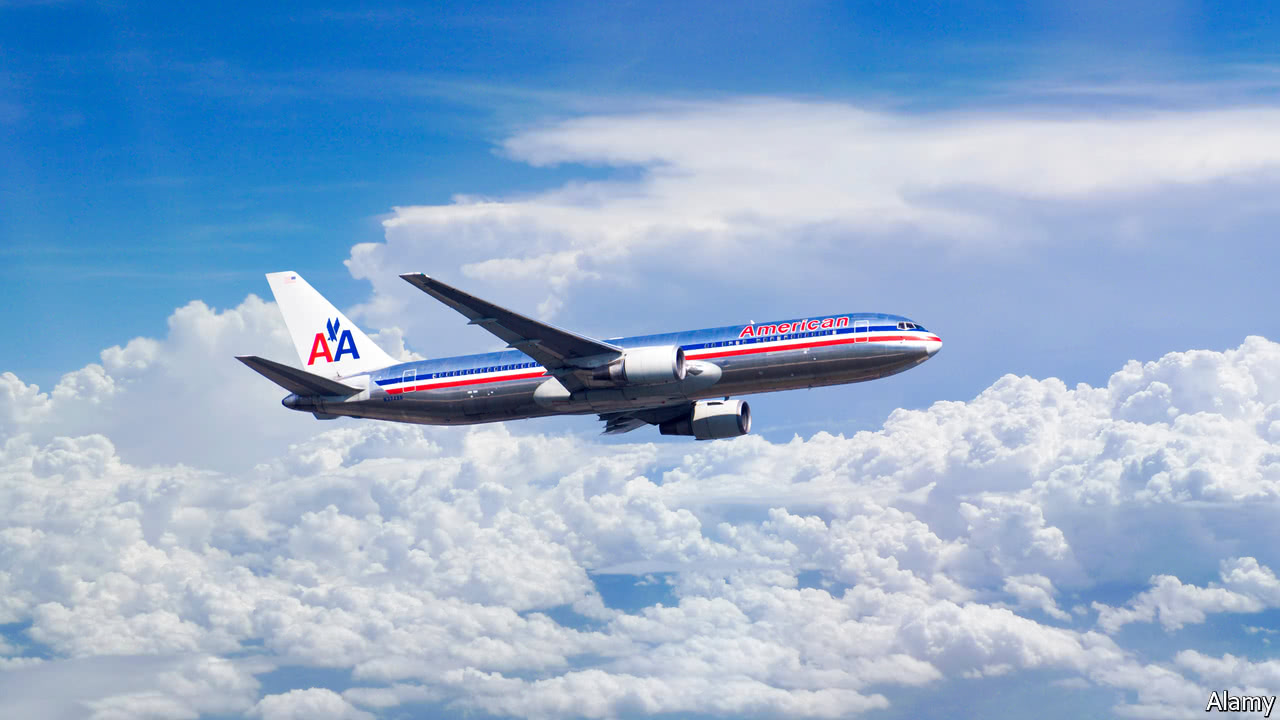
IT SEEMED, at first blush, to be a masterclass in how to bait a rival. For years, American Airlines, along with other big American carriers, has complained of “unfair” competition from Middle Eastern operators, which stand accused of taking state subsidies. On June 22nd one of those accused, Qatar Airways, said it planned to take an unsolicited 10% stake in the firm.
In a regulatory filing, it was revealed that Qatar, which reported a profit of $540m in 2016, wants to buy at least $808m of American’s shares. The move has not gone down well with some. Doug Parker, American’s boss, described it as “puzzling”. One airline union accused Qatar of “using enormous government subsidies to gain a greater foothold in US markets”. Adding “They’re coming after our routes, which means the jobs of our members are at stake.”
-
A new front in the legal fight over Donald Trump’s travel ban
-
Qatar Airways wants a 10% stake in American Airlines
-
Ireland and Afghanistan become the first new Test nations in 17 years
-
Ireland and Afghanistan become the first new Test nations in 17 years
-
Why calculating a British parliamentary majority is so tricky
-
Humanist nuptials are popular in Scotland but only beginning in Ulster
Politicking from America, in turn, has been making life tough for Qatar’s national carrier. This month Donald Trump backed the decision of several Gulf states to cut diplomatic ties with Qatar, which they accuse of supporting terrorism. The sanctions include closing much of the airspace around the country. That has meant flights from Qatar must be rerouted, causing the national carrier’s costs to rise. The Trump administration’s ban on taking laptops into the cabins of several Middle Eastern carriers, including Qatar, is also likely to be hurting demand. Is the move for a stake America’s biggest airline some kind of counter-punch?
But there is another way to look at this. Through a mixture of Chapter 11 bankruptcy and mergers, the United States has contrived to produce an aviation sector with minimal competition, in which the four biggest carriers control 80% of the market, up from 48% a decade ago. North American carriers made a combined profit of $16.5bn in 2016. Margins for some are approaching 20%. It is hardly a surprise that foreign investors would like to share some of those spoils.
Just in case a foreign owner fancied shaking up this cosy club, overseas operators are not allowed to operate domestic routes. Nor are foreign investors permitted to own more than 25% of an American carrier. And though executives and unions in the country may wring their hands at the imagined spectre from abroad, ultimately passengers suffer. As this blog has explored before, the dominant position of the big American carriers leaves them with little incentive to treat customers well. Hence, they do not bother.
Akbar Al Baker, Qatar’s combative boss, is not one to shy away from a fight. Last year, when the big American airlines demanded that Barack Obama take action over state aid, he said he wanted to “rub salt” into their wounds by increasing the number of flights to the United States. That is probably not what is happening here. The move to buy a stake in a profit machine like American Airlines seems more like simple financial sense.
Source: economist
Qatar Airways wants a 10% stake in American Airlines